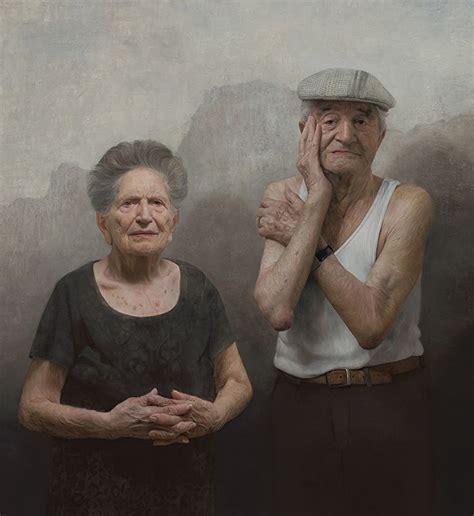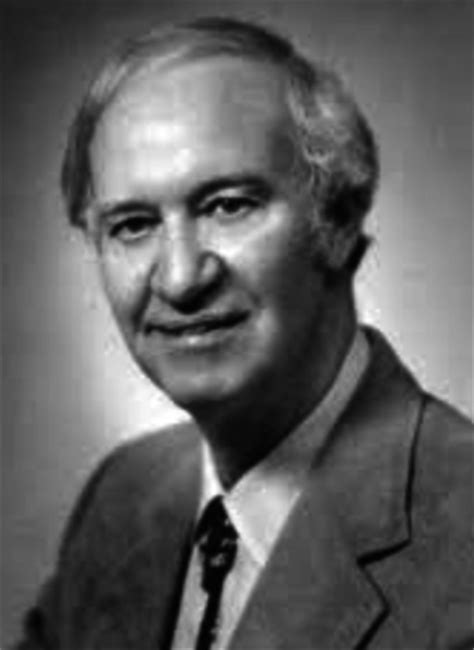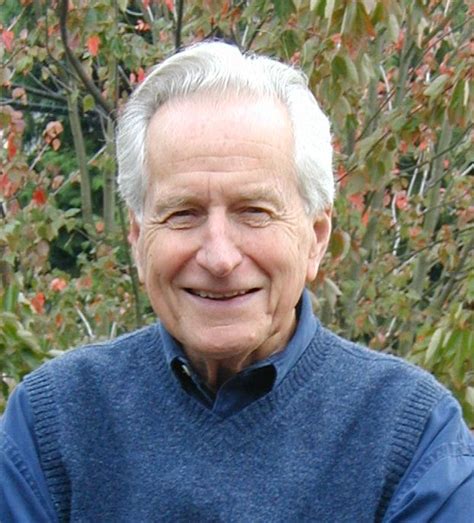A Quote by Carol Ann Tomlinson
We need teacher educators who are hungry to learn about and implement contemporary approaches to teaching and learning in their own classrooms and who are reflective about their work with their students.
Related Quotes
Teaching is a huge part of what I do. I love to think about what I do out loud, and the best way to do this is to teach. I usually learn a lot from the students in my workshops, because we work to build the classes around a collaborative environment where everyone is working towards the same goal of learning how to observe and see the subject well, because everyone brings different approaches and experiences with them, the other students and myself learn new methods that we can add into what we do.
Pedagogy of the Oppressed resonated with progressive educators, already committed to a 'child-centered' rather than a 'teacher-directed' approach to classroom instruction. Freire's rejection of teaching content knowledge seemed to buttress what was already the ed schools' most popular theory of learning, which argued that students should work collaboratively in constructing their own knowledge and that the teacher should be a 'guide on the side,' not a 'sage on the stage.'
We will learn no matter what! Learning is as natural as rest or play. With or without books, inspiring trainers or classrooms, we will manage to learn. Educators can, however, make a difference in what people learn and how well they learn it. If we know why we are learning and if the reason fits our needs as we perceive them, we will learn quickly and deeply.
If children are hungry, they need to be fed. It's hard to learn if your stomach is growling. We need to take that on. If students can't see the blackboard, need eyeglasses, we need to do that. If students need a social worker or counselor to work through the challenges they're facing at home in the community, we need to do that.
As a teacher and parent, I've had a very personal interest in seeking new ways of teaching. Like most other teachers and parents, I've been well aware painfully so, at times that the whole teaching/learning process is extraordinarily imprecise, most of the time a hit-and-miss operation. Students may not learn what we think we are teaching them and what they learn may not be what we intended to teach them at all.
Teaching is more difficult than learning because what teaching calls for is this: to let learn. The real teacher, in fact, lets nothing else be learned than learning. His conduct, therefore, often produces the impression that we properly learn nothing from him, if by "learning" we now suddenly understand merely the procurement of useful information.
The main difference in the effectiveness of teaching comes from the thoughts the teacher has had during the entire time of his or her existence and brings into the classroom. A teacher concerned with developing humans affects the students quite differently from a teacher who never thinks about such things.


































